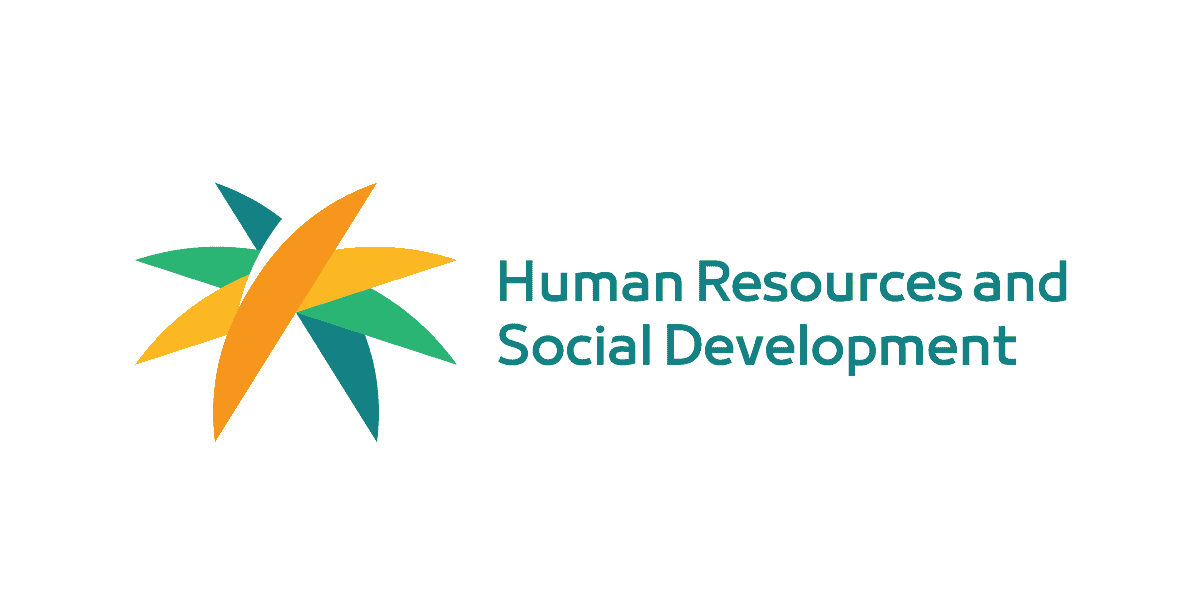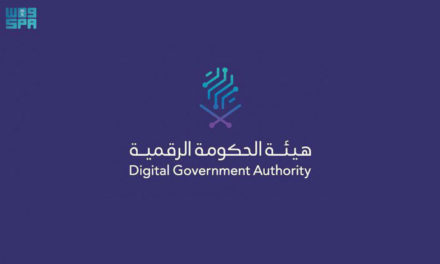Understanding Saudi Labor Law: Rights, Reforms, and Key Legal Articles
Saudi Arabia has introduced a series of Saudi labor law reforms aimed at improving workplace conditions, boosting female participation, and aligning employment standards with international norms. Regulated by the Ministry of Human Resources and Social Development, the updated labor framework outlines new rules on contracts, working hours, leave, and end-of-service benefits for the private sector.
This report breaks down key legal articles, recent changes under Vision 2030, and what they mean for both employers and employees.
Understanding Saudi Labor Law
The Ministry of Human Resources and Social Development governs labor law in Saudi Arabia. This law regulates the private sector’s employer-employee relationship. It sets rules for contracts, working hours, leave, terminations, and end-of-service benefits. The goal is to ensure fairness, transparency, and a productive workplace that supports economic growth.
Key Reforms Under Vision 2030
Under Saudi Vision 2030, the government has introduced Saudi labor reforms aimed at modernizing employment practices. These changes align local regulations with global standards, improve flexibility, and attract investment. Notable elements include:
- Flexible work options: Remote work, freelance licenses, and part-time contracts.
- Increased female participation: Legal changes and incentives for hiring women.
- Youth employment: Training programs that prepare young Saudis for the job market.
Working Hours and Overtime
The law limits working hours to eight per day or 48 per week. During Ramadan, Muslim employees work no more than six hours a day. Employers must pay 150% of the regular wage for overtime. Therefore, accurate time records are required to ensure compliance with Saudi Labor Law standards.
Leave Entitlements
Employees are entitled to several types of leave:
- Annual Leave: Article 109 grants 21 days of paid leave after one year of service. After five years with the same employer, the notice period increases to 30 days.
- Sick Leave: Fully paid for the first 30 days. The following 60 days are paid at 75%, and any additional leave is unpaid.
- Maternity Leave: Female employees get 10 weeks of paid leave. They may take it before or after childbirth. Employers should support women returning to work by offering flexible working arrangements.
Key Legal Articles to Know
- Article 53: Requires a written contract with clear terms, such as duties, salary, and duration.
- Article 80: Lists cases where an employer may terminate an employee without notice or pay, like serious misconduct or repeated absence.
- Article 81: Allows employees to resign without notice if employers break the contract or create unsafe or unethical conditions.
- Article 84: Provides the formula for end-of-service benefits. Employees receive half a month’s salary for each of the first five years and a whole month for each year after that.
- Articles 74 & 75: Cover contract expiration. Employers must notify workers and discuss the possibility of renewal to ensure clarity and fairness.
Digital Platforms for Labor Compliance
To support these reforms, the government launched digital platforms, including Qiwa and Mudad. These platforms assist with contract management, wage protection, and rule enforcement. Moreover, they increase transparency and ease the administrative burden on companies.
Gender Equality and Inclusion
Reforms also promote inclusion. Saudi Arabia removed previous challenges on women’s employment. The law enforces equal pay for equal work. Programs like Tamheer help young Saudis by offering internships and job training.
Termination and End-of-Service Benefits
Employment termination must follow proper steps. Employers must explain the reasons in writing and give appropriate notice unless exceptions under Article 80 apply. End-of-service pay is based on salary and years of service. These benefits ensure financial stability during periods of job transition.
Legal Protections for Foreign Workers
Foreign workers in Saudi Arabia’s private sector are entitled to the same legal rights as Saudi nationals under the Labor Law. The Labor Reform Initiative (LRI) has enhanced job mobility, allowing foreign workers to transfer employers under specific conditions, such as contract completion or employer violations. The Qiwa platform facilitates these processes, promoting a more equitable and transparent employment environment.
Key Takeaways
Staying informed about Saudi Arabia’s labor law is essential for navigating the evolving job market. As reforms continue to shape a more inclusive and competitive work environment, both employers and employees will need to adapt to ensure fair and compliant workplace practices.






